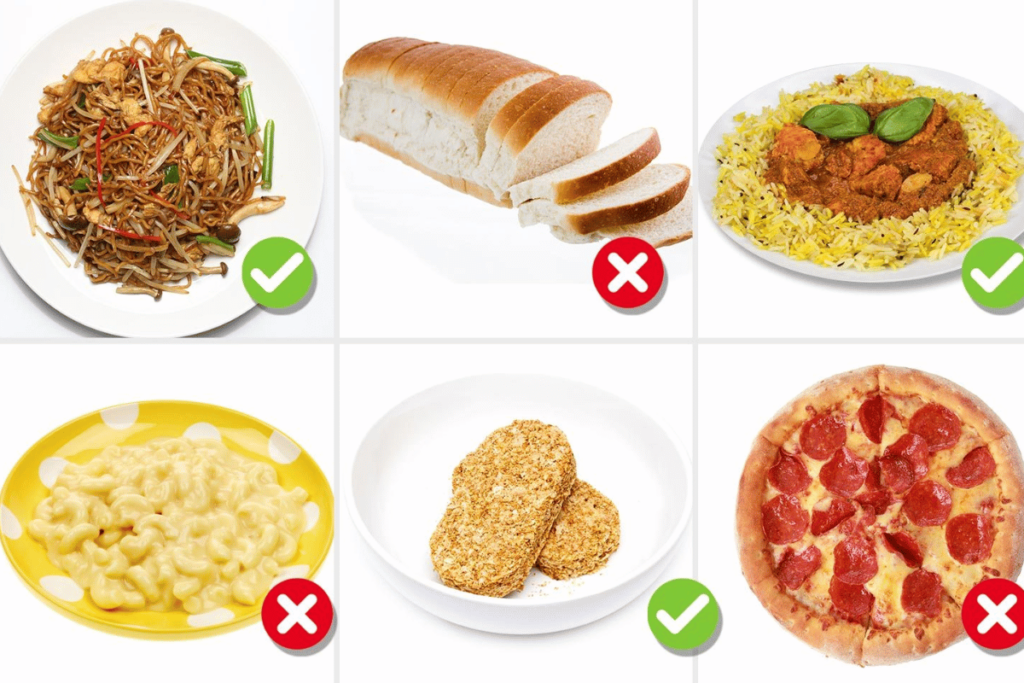This comprehensive review provides an in-depth look at the specific foods to avoid for those aiming to lose belly fat in 2024. The first key point addresses the importance of reducing the intake of sugary beverages and processed sweets, as these high-sugar items contribute significantly to abdominal fat accumulation. The article then focuses on the negative impact of refined grains found in white bread and pasta, which can lead to increased belly fat due to their low fiber content and high glycemic index. The third area of focus is on trans fats, commonly found in fried and packaged foods, which not only contribute to belly fat but also pose a risk to overall health. The review also discusses the importance of limiting alcohol consumption, as excessive drinking can lead to an increase in abdominal fat and disrupt healthy eating habits. Lastly, the article highlights the role of processed meats and high-fat dairy products in contributing to belly fat, recommending a reduction in their consumption for effective weight management. This review aims to guide readers through the dietary changes necessary for reducing belly fat, emphasizing the importance of avoiding certain foods as part of a healthy and sustainable weight loss plan in 2024.
Butler Health Blogs
with Loni McKown


